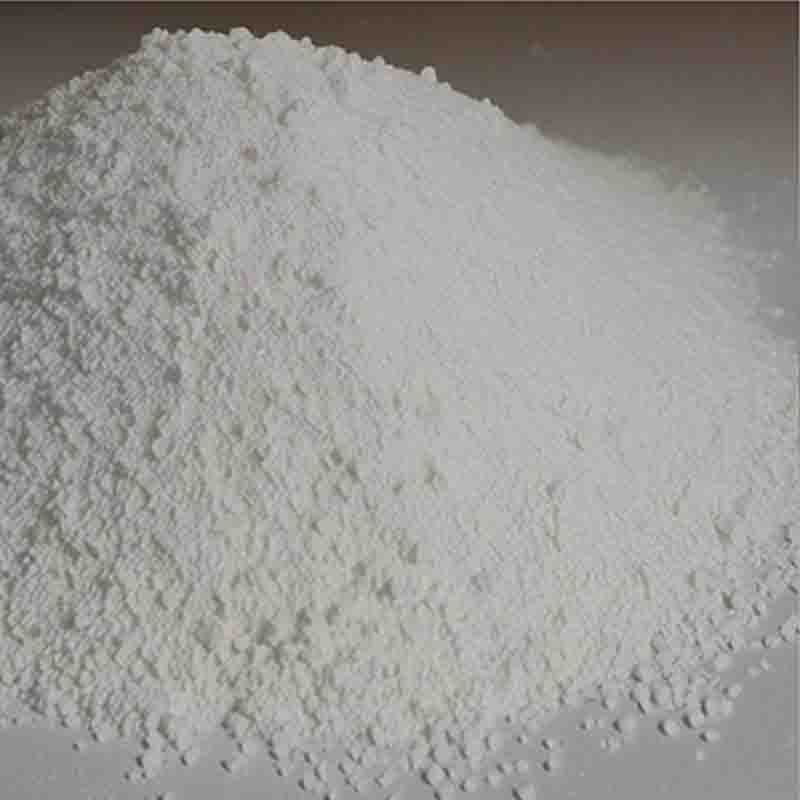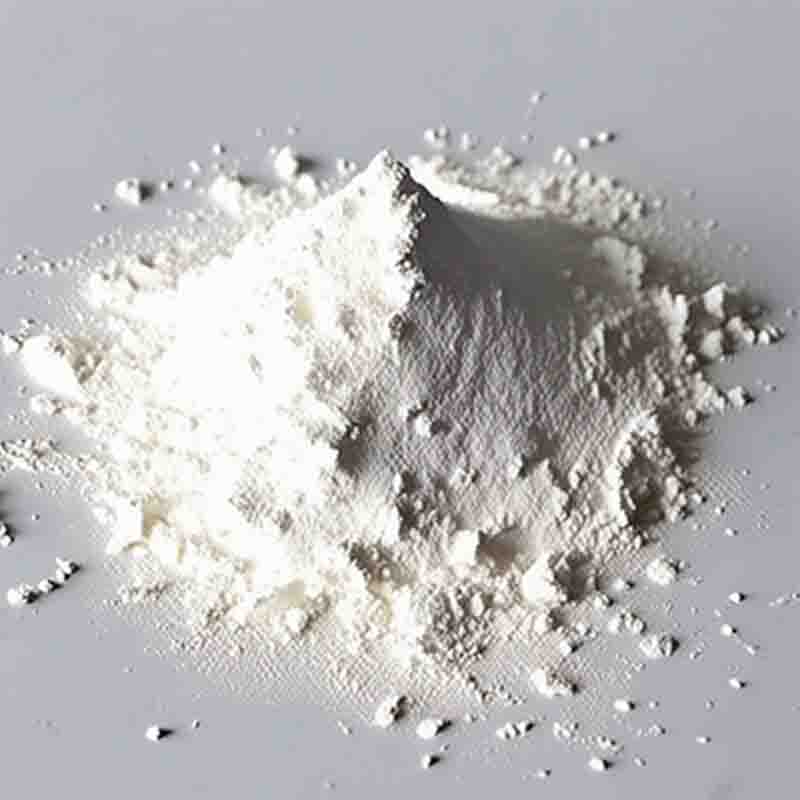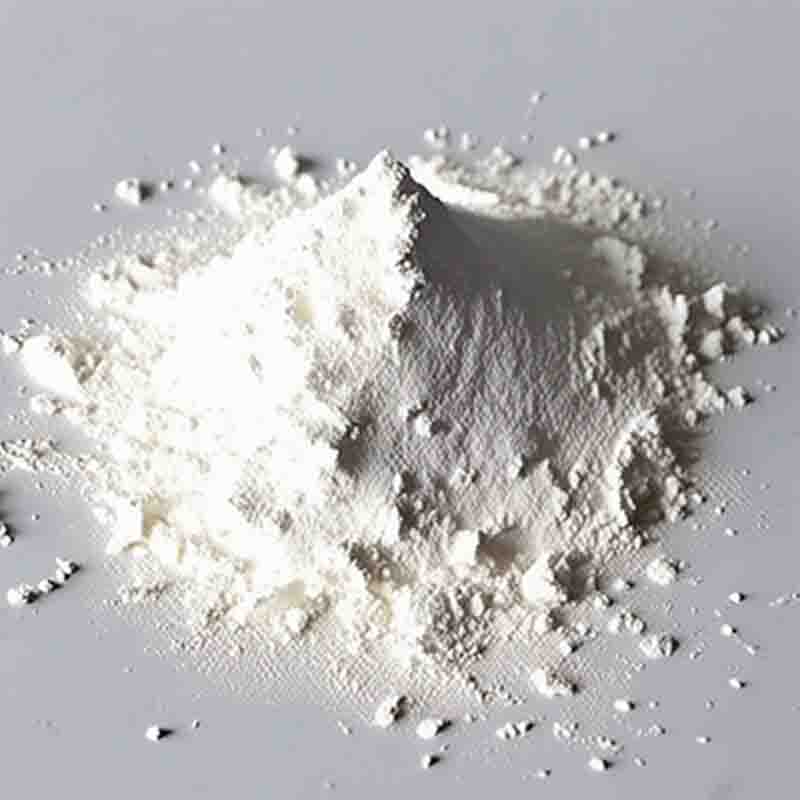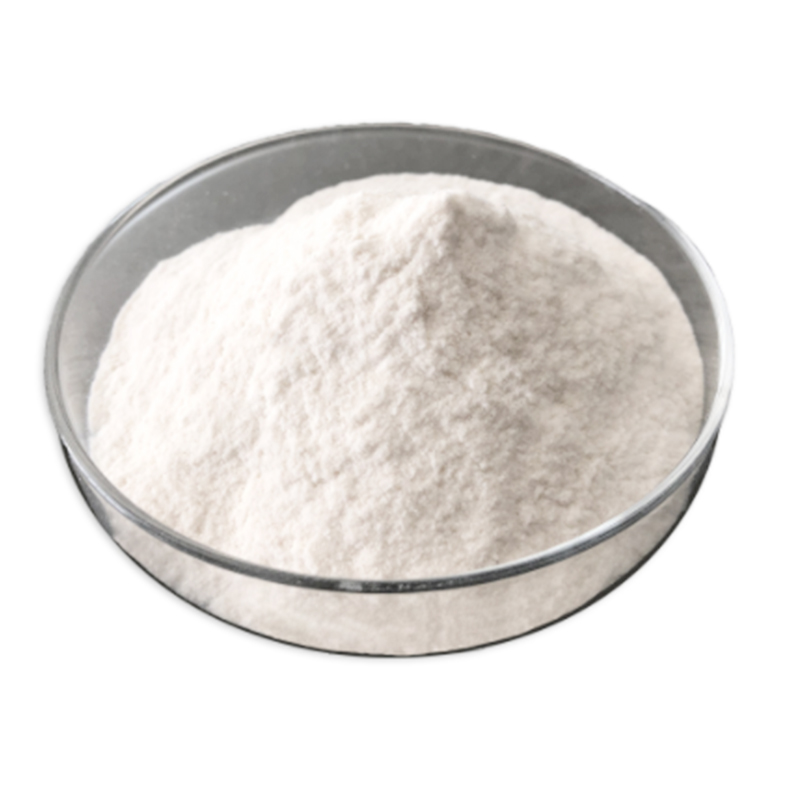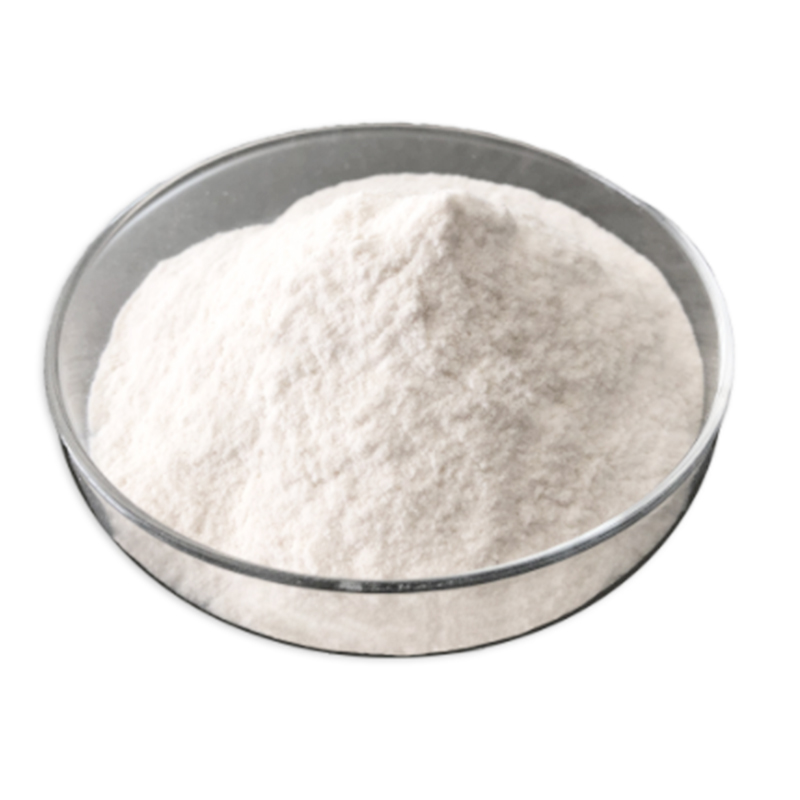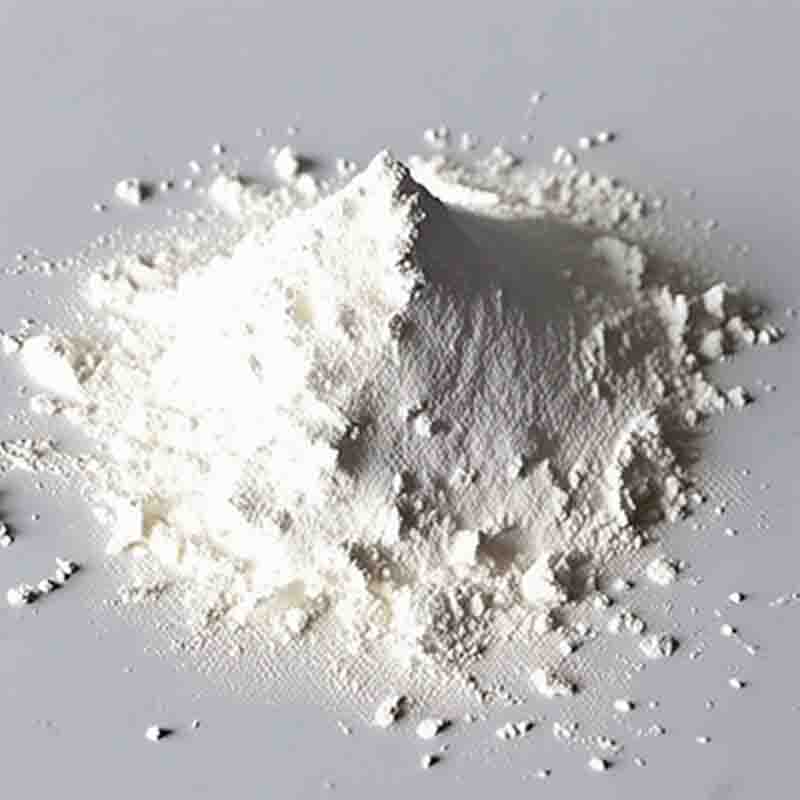Poly(isobutylene) CAS: 9003-27-4
| Catalog Number | XD93881 |
| Product Name | Poly(isobutylene) |
| CAS | 9003-27-4 |
| Molecular Formula | C4H8 |
| Molecular Weight | 56.10632 |
| Storage Details | Ambient |
Product Specification
| Appearance | White powder |
| Assay | 99% min |
Poly(isobutylene), also known as PIB, is a synthetic polymer that has a wide range of applications across various industries. It is a highly versatile material known for its excellent properties such as chemical resistance, low permeability, and flexibility. In this description, we will focus on the use of poly(isobutylene) in the automotive industry.One of the primary applications of poly(isobutylene) in the automotive sector is in the production of tires. It is a key component in the inner liner of the tire, which acts as an impermeable barrier to air, preventing the tire from losing pressure over time. The use of poly(isobutylene) significantly improves the tire's air retention capabilities, enhancing safety and fuel efficiency.Furthermore, poly(isobutylene) is also used in the manufacturing of automotive seals and gaskets. Its high resistance to moisture, chemicals, and UV radiation makes it an ideal choice for sealing applications. Whether it is used for door seals, window seals, or various gaskets, poly(isobutylene) ensures a tight and durable seal, preventing leaks and reducing noise and vibration.Additionally, poly(isobutylene) is utilized in the formulation of automotive lubricants and additives. Due to its high viscosity, it functions as a thickening agent, enhancing the performance and stability of lubricants. It improves the film strength, reduces friction, and prevents metal-to-metal contact, leading to less wear and tear on engine components and increased fuel efficiency. Poly(isobutylene) is also added to gasoline and diesel fuels as a detergent additive, keeping the fuel system clean and improving combustion efficiency.Moreover, in the production of automotive coatings, poly(isobutylene) can be used as a resin or binder. Its excellent adhesion properties, resistance to oxidation, and weathering make it suitable for use in exterior and interior coatings. Poly(isobutylene) coatings offer protection against corrosion, scratches, and fading, ensuring the longevity and aesthetic appeal of automotive surfaces.Overall, poly(isobutylene) plays a crucial role in the automotive industry, contributing to enhanced tire performance, improved sealing systems, efficient lubrication, and durable coatings. Its unique properties make it an indispensable material in various automotive applications, boosting safety, comfort, and sustainability in the transportation sector.


